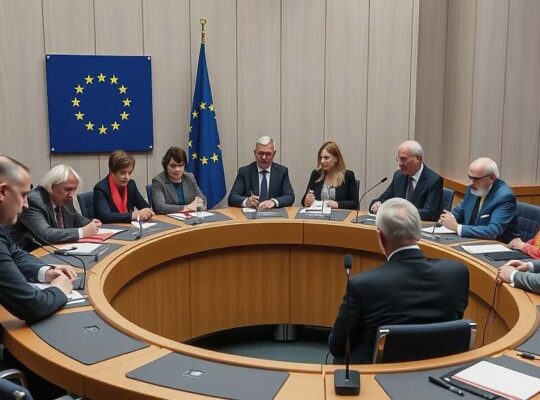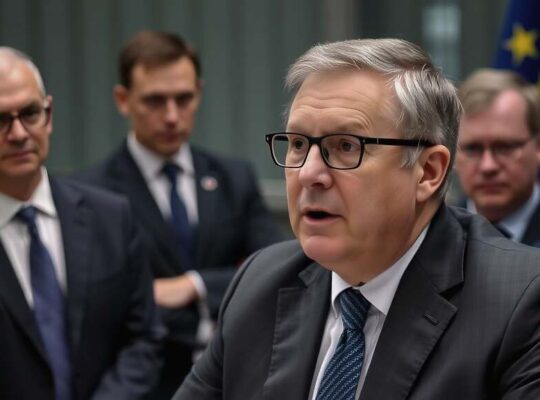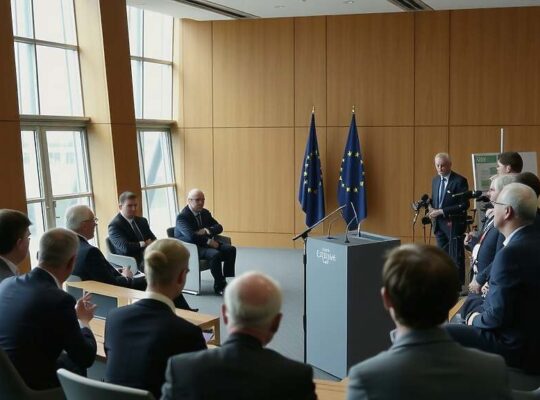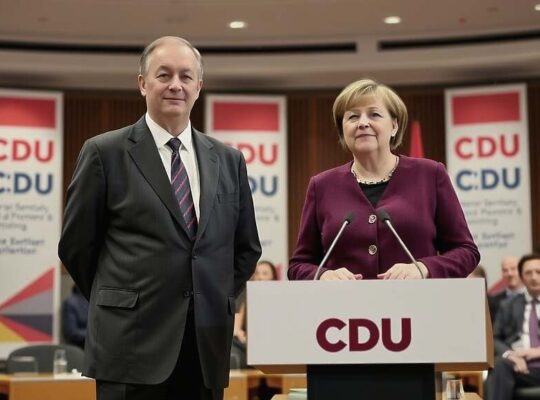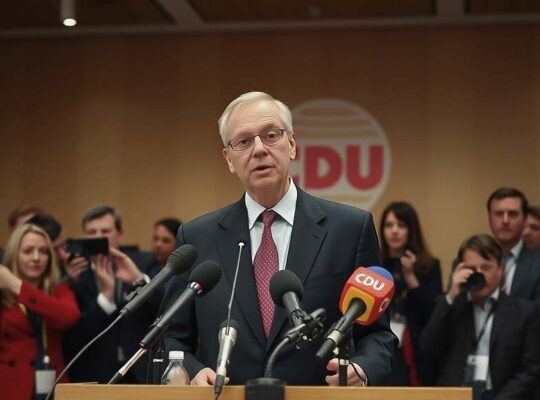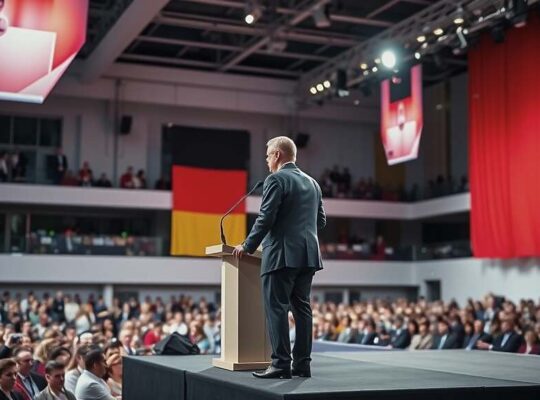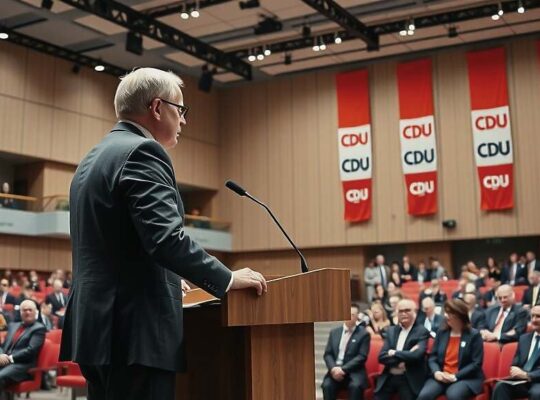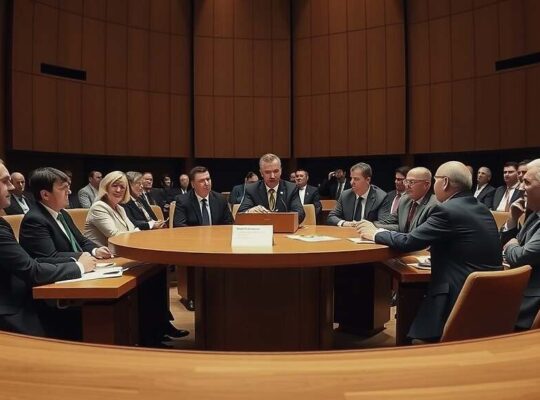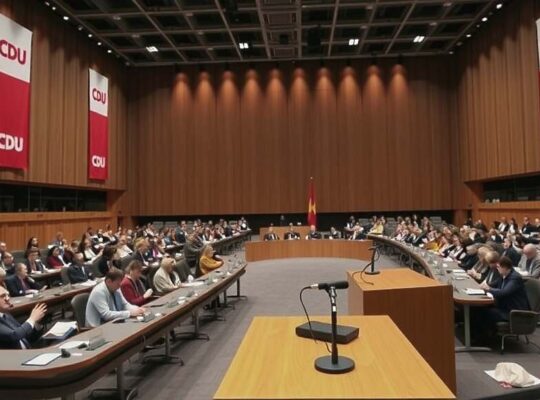The scheduled appearance of German Chancellor Friedrich Merz at a Berlin elementary school was abruptly cancelled on Friday, prompting a last-minute substitution by Minister for the Chancellery, Thorsten Frei. The reason cited by government spokesman Stefan Kornelius was “internal discussions and planned telephone calls concerning the situation in Ukraine”. While details remain officially undisclosed, speculation is swirling around the content and participants of these critical conversations.
Sources suggest the urgent nature of the calls involved direct communication with key international figures, including former U.S. President Donald Trump, Ukrainian President Volodymyr Zelenskyy and French President Emmanuel Macron. The focus of these discussions is reportedly centered on a controversial 28-point plan proposed by Trump regarding a potential resolution to the ongoing conflict.
This plan, which has already drawn significant criticism, outlines a path towards ending the war that includes substantial concessions from Ukraine. Most notably, it reportedly envisions territorial concessions extending beyond areas currently occupied by Russian forces, potentially including regions presently under Ukrainian control.
The sudden cancellation of Chancellor Merz’s public appearance and the timing of these high-level discussions are raising questions about the extent of German involvement in shaping a potential peace agreement. Critics argue that engaging with a plan that includes territorial compromise, particularly one linked to former U.S. leadership known for his transactional approach, risks undermining Ukraine’s sovereignty and legitimizing Russia’s aggression.
The government’s decision to withhold specifics about the ongoing talks – emphasizing a future communication of the discussion points – has fueled further debate. Berlin’s silence is providing fertile ground for dissent and raising concerns about the transparency of strategic decision-making regarding a conflict of profound geopolitical consequence. The emerging details suggest a potentially divisive internal debate within the German government and underscore the complexities of navigating the delicate balance between diplomatic engagement and unwavering support for Ukraine’s territorial integrity.



